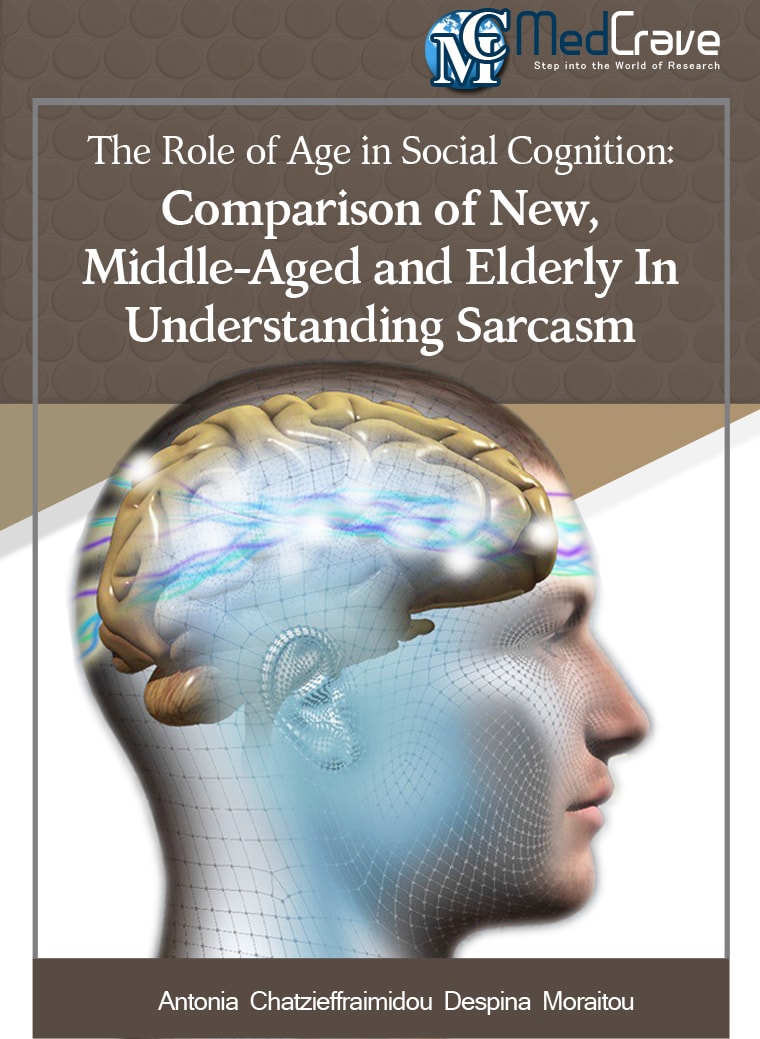eBooks View all | By AtoZ | By category
The Role of Age in Social Cognition: Comparison of New, Middle-Aged and Elderly In Understanding Sarcasm
By Antonia Chatzieffraimidou Despina Moraitou
Preschool Pedagogical University of Ioannina, Greece
Published: Apr 13, 2017 | pg. no: 1-18
Abstract: The present study aimed at investigating the association between age and social cognition. The sample consisted of 72 persons between 20 and 82 years of age, equally distributed to three age groups, the “Young Adults” (M=25 years, SD=3.7 years), the “Middle-aged Adults” (M=51.2 years, SD=7.5 years) and the “Older Adults” (M=72.1 years, SD=4.9 years). The three groups were matched according to gender and educational level. The participants were examined with the test “Social Inference (Minimal) - SI (M): Part 2 of the TASIT (McDonald, Flanagan, Rollins, & Kinch, [1])”, which examines whether the participant understands sarcasm and is able to differentiate sarcasm from sincerity. Moreover, the Mini Mental State Examination-MMSE (MMSE, Folstein, Folstein, & McHugh,[2], Greek adaptation: Fountoulakis, Tsolaki, Chatzi & Kazis, [3]) and the Geriatric Depression Scale-15 (GDS-15, Yesavage, et al ., [4], Greek adaptation: Fountoulakis et al. [5]) were administered to older adults. The results for older adults showed that the lower the performance on the MMSE and the higher the performance on the GDS-15, the lower the performance on the SI (M). Concerning the whole sample, the results showed that age is negatively associated with sarcasm understanding, and self-reported hypercholesterolemia plays an aggravating role in the aforementioned relation.
View eBook
